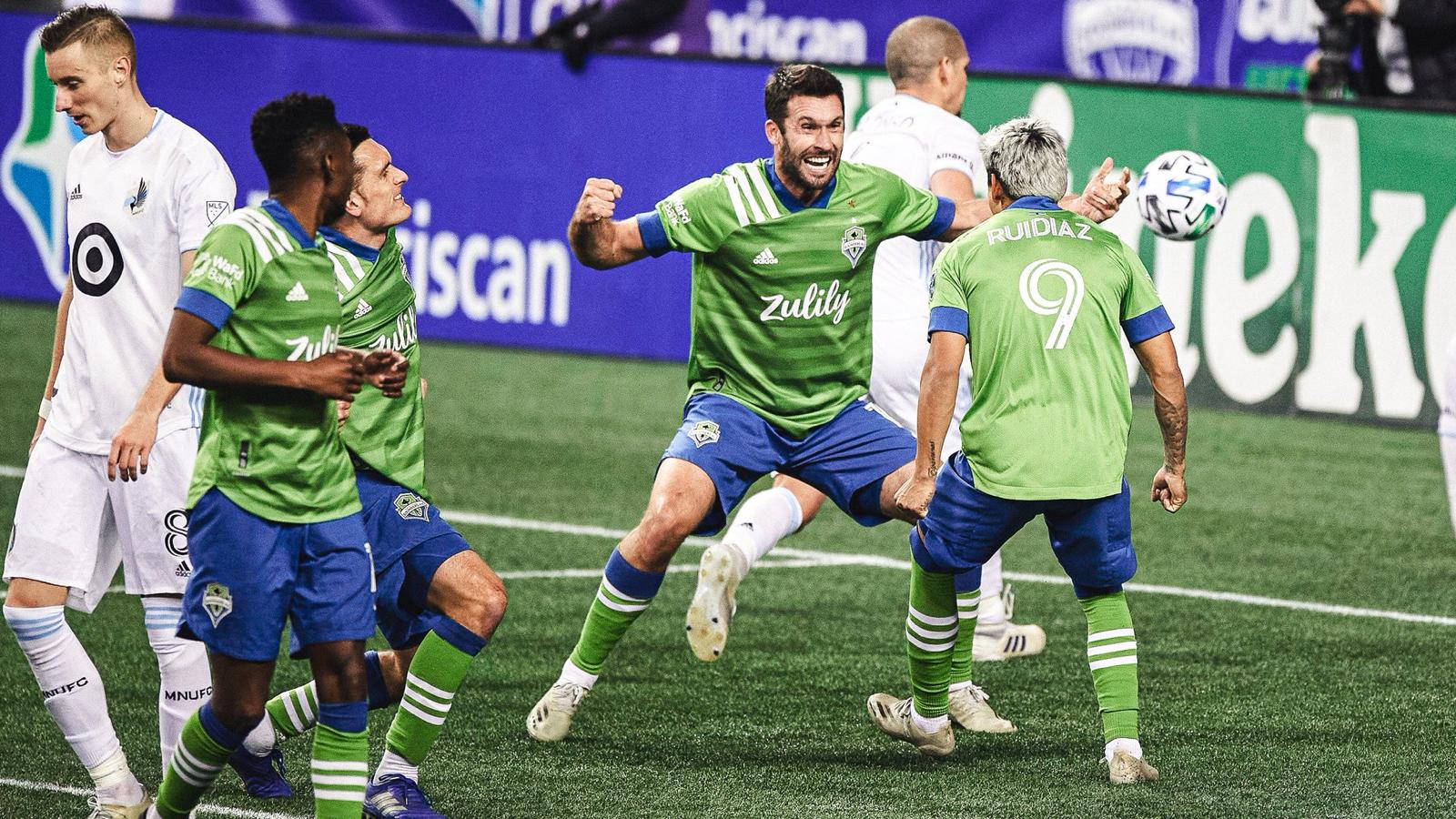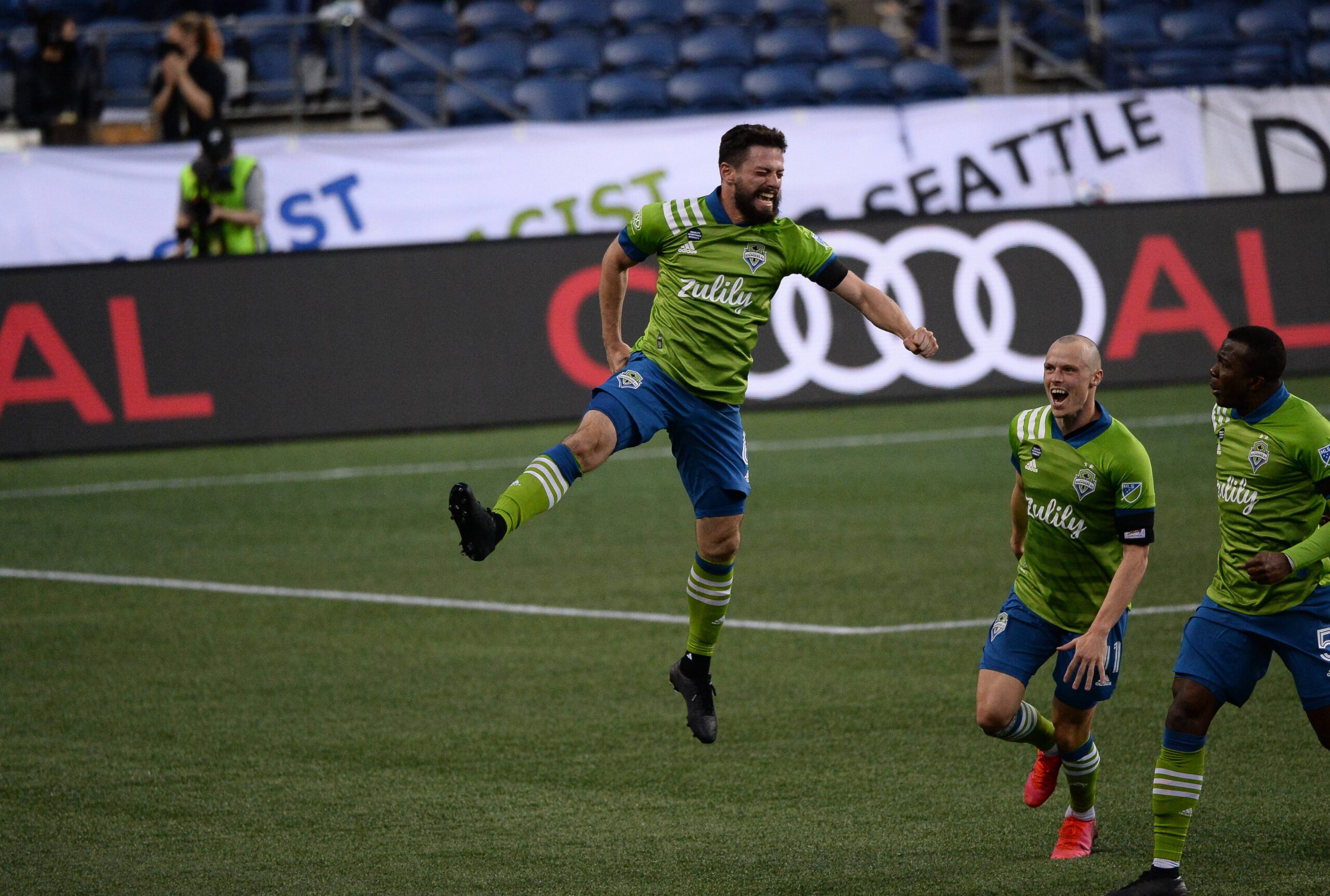After great games in the semifinals, the CONCACAF Champions League will have in its final another dispute between a Mexican side and an MLS team. In the decision that takes place on April 27 in Mexico City and May 4 in Seattle, the Sounders and Pumas UNAM will play for the continental title. But at least for one of the sides, the 180 minutes represent much more than a new trophy in the gallery, and may also symbolize the consolidation of a new stage of soccer in the United States.
For the Major League Soccer team, the decision carries an immensely bigger weight than for the Mexican opponents. In addition to the challenges of the campaign in the current edition of the competition, the Seattle Sounders has the responsibility of being another North American team to play in the final after bitter defeats recently, being the fifth team in the league to reach the final of the tournament in its most modern format.
Whether from Canada or the United States, MLS teams have seen Mexican clubs up close share a true oligopoly of competition, winning all the titles of this new format. Real Salt Lake, Montreal, Toronto FC and Los Angeles FC. All of these have failed, each in their own way, to win the continental cup over the past decade, and the team coached by Brian Schmetzer certainly doesn’t want to be part of that group.

In a lackluster start to the MLS season, the Sounders split attention between the regular seaon and CONCACAF Champions League. In the Champions League, he eliminated Club Motagua (Honduras) and surpassed the Mexican side León, having as his last challenge in the semifinals the current MLS champion, New York City FC.
The diverse but challenging journey showed that the team did not arrive at the decision by luck, and the consistency of Schmetzer’s long-term work is the great differentiator among the North American finalists in recent years. With the squad reinforced by Albert Rusnák in the last window, and even more adaptable to different game situations, Sounders have pieces above the league average in all sectors: from Nouhou Tolo to Raul Ruidíaz, passing through João Paulo, the Roldan brothers , in addition to other quality names that are having a good time.
In a historic game, the Seattle team faces the three-time continental champion in the Champions League final, but who has not lifted the cup since 1989 and is experiencing a lack of titles. That is, it is not one of the heaviest opponents in recent editions of the competition. Even so, the perceived strength of Mexican clubs in the Champions League will be a factor of imbalance in favor of Pumas, even more so when accompanied by the good work of Argentine coach Andres Lillini in the tournament. Eliminating teams like the traditional Deportivo Saprissa, the New England Revolution, in an incredible comeback, and the compatriot Cruz Azul.
Aiming to reach the title, the MLS team will have to understand the size of the challenge they will face in the two games and, somehow, make sure that this does not turn into a harmful pressure on the team, but motivates the team to crown a of the best structured works in North American soccer. Brian Schmetzer, used to working on the mental side of his athletes, knows that he must prepare his team on a sporting level, but mainly psychologically. In this way, seeking the balance between treating this final as just another game to be won, but at the same time as the most important of them, Sounders can become the first MLS side to be crowned the champions of the CONCACAF Champions League.
In a sport where context is as important as the game itself, it’s impossible to detach the Sounders from MLS itself in this title race. The Seattle team can take a step that takes the league as a whole to a higher level. In constant evolution, whether in its structure or in the football played, Major League Soccer still faces sporting challenges, the biggest of which is represented by the continental tournament. In competition, reaching the final was never the biggest problem, but hitting the beam in continental decisions has become one of the barriers that MLS must get rid of as soon as possible, as with each passing year, the pressure becomes even greater.
Original Article: Gabriel Oliveira
(Translation: Gustavo Lopes)
(Cover: Imago Imagens)


